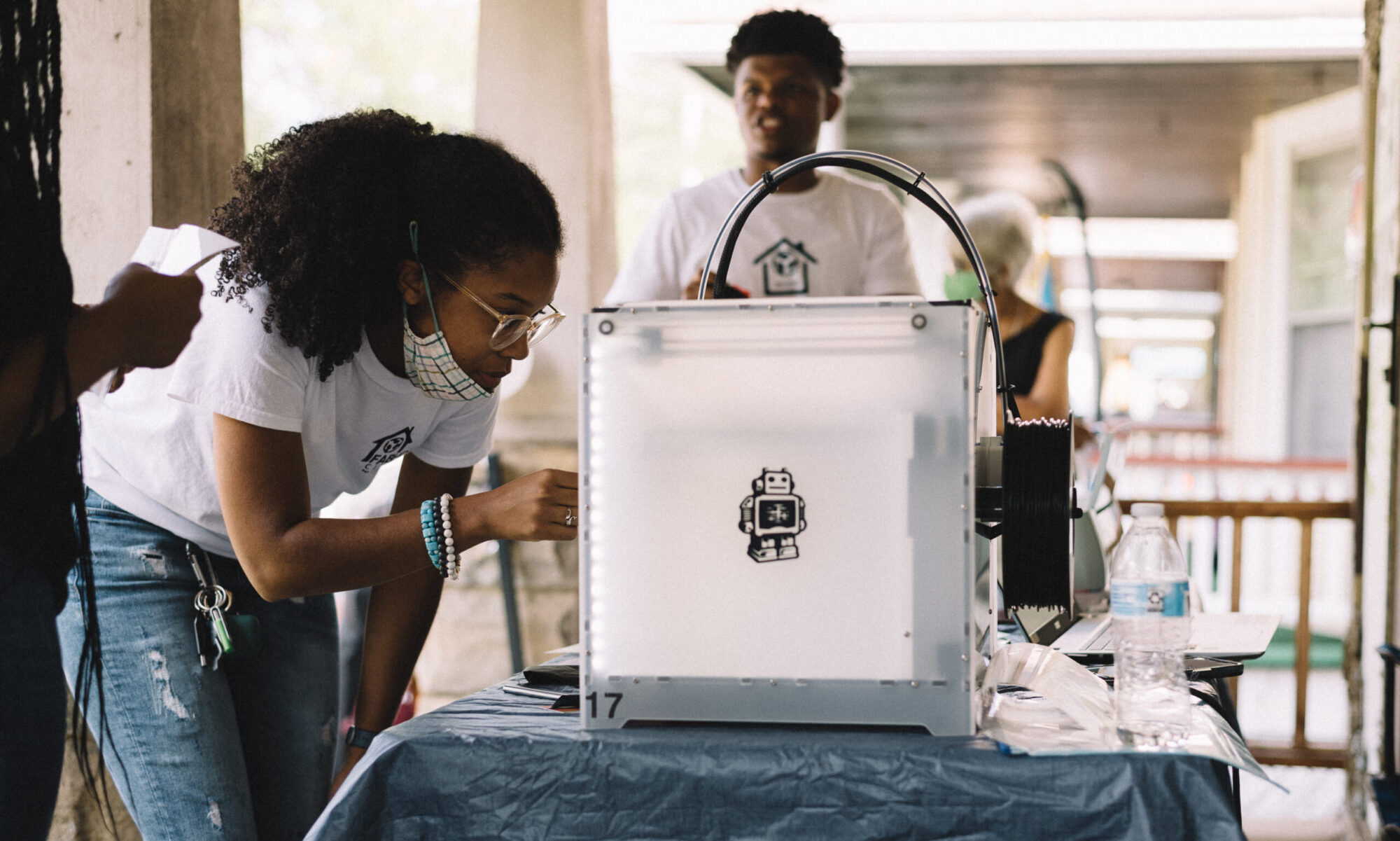If you incorrectly file your payroll taxes or file them late, the penalties and interest you will be assessed can be quite large. You are held at a high level of liability if you do not outsource your payroll to an accounting firm. These services allow you to automate your accounts payable and get a more accurate COGS figure. A few notable restaurant accounts payable services that are worth mentioning are XtraChef by Toast, MarginEdge, and PlateIQ. Simplify accounting for restaurants with QuickBooks so you focus on the food while getting more accurate results.
While no one can overnight master the basics of restaurant bookkeeping, remembering these essential steps will always guarantee the accuracy of your financial reports and that they are up-to-date. Utility costs, rent, taxes, and your marketing budget, for instance, aren’t included in computing the COGS, so you shouldn’t use this solely to measure your restaurant business’ financial standing. Regardless of how complex bookkeeping can look like in the beginning, understanding the basics is not an impossible task.
- The periodic inventory system, which relies on regular physical counts performed weekly or monthly, provides accurate snapshots but demands significant time investment.
- Outsourcing bookkeeping services provides access to experienced accountants who understand the restaurant industry’s unique financial needs.
- Hospitality accountants, especially those experienced in hospitality finance solutions, consolidate financial data across multiple locations, identify performance gaps, and provide customized reporting.
- Calculating each employee’s wages, tips, and taxes would be time-consuming and could significantly increase the risk of errors.
Regularly reviewing your sales and expenses helps identify trends, control costs, and make informed business decisions. By using tools like restaurant accounting software, restaurant owners can efficiently manage financial transactions and prepare critical documents like the restaurant profit and loss statement. Restaurant accounting is unique because of the language of hospitality finance. It’s crucial to have an effective accounting system in place for your restaurant to see the success you’re after. Keeping a watchful eye on the restaurant bookkeeping process is especially important for restaurants because of their slim profit margins. Use this step-by-step guide to restaurant accounting to make your bookkeeping tasks simple and accurate.
Industry Expert
Leveraging the expertise of restaurant accountants, forecasting and budgeting become more accurate, allowing your restaurant to strategically use financial data for growth. These professionals utilize historical data, current trends, and market analysis to predict future earnings and expenses. The result is a realistic financial roadmap that can guide decision-making, minimize risk, and maximize profitability. Hospitality accountants in London are experts in the unique financial aspects of dining establishments, bars, and hotels. They’re acquainted with industry-specific regulations and tax laws, which proves beneficial to venue owners.
Reconciliation
The company switched gears and transformed from being a meal delivery service to offices, to delivering “build your own box” snacks to remote workers during the pandemic. His marketing abilities and business growth skills add value to Paperchase’s branding and operation as expansion continues. As the Brand Development Director, Caroline is committed to developing quality client and partner relationships and strengthening Paperchase’s reputation globally through education and content. As a natural-born hospitality fanatic, at an early age, Caroline could be found pouring through Zagat guides like they were picture books. She’s successfully parlayed this passion into a successful career in client relations for luxury hospitality companies. During this time, he was part of the launch team of various products including Zomato Online Ordering which grew to become one of the biggest food delivery platforms in the UAE.
Although there are many options, most restaurant and retail businesses choose the calendar year accounting period. Restaurants usually run seven days a week and might have some days with more sales. Opting for four and five-week periods, totaling 13 accounting periods gives you a more accurate comparison. If you want to future-proof your restaurant, you have to understand how accounting for restaurants works. In this guide, we’ll break down everything you need to know to start restaurant accounting today.
- Regular account reconciliation minimizes errors and ensures that the financial records align with bank accounts and transaction reports.
- Along with your POS, accounting software helps you keep an eye on your financial performance in real-time.
- Nish Patel is the global CEO of Paperchase Accountancy, a leading outsourced accounting solutions provider that specializes in serving the hospitality industry.
- This ensures your financial reports are accurate and everything is accounted for.
- Our employees can electronically view their pay stubs, all their tax deductions, and even what they’re saving on retirement.
It would be ideal to have two of your staff members take the inventory separately so they can compare the data they have afterward. It would also help to utilize the accrual basis of accounting, which means recording revenue when it’s earned and expenses when they’re incurred. There are many other aspects to restaurant bookkeeping, like restaurant POS selection, inventory controls, controlling theft, and handling cash. However, the 5 simple steps above will establish the foundation for a solid bookkeeping system.
Restaurant accounting & bookkeeping 101: A guide for your restaurant
Clients appreciate their prompt customer service and in-depth knowledge of restaurant regulations. External audits, whether conducted by tax authorities or regulatory bodies, demand meticulous preparation and organization. Success in external audits begins with maintaining comprehensive records of all tax filings, licenses, and permits in an easily accessible format. Creating separate files for each tax year, complete with relevant financial statements and supporting documentation, reduces stress during audit periods. Point-of-sale integration with accounting software creates a seamless flow of financial data.
Chart of Accounts
Effective expense monitoring involves tracking and analyzing fixed and variable costs to maintain profitability and identify opportunities for cost reduction. A systematic approach to expense management helps restaurant owners make informed decisions about resource allocation and pricing strategies. Daily point of sale (POS) reconciliation forms the cornerstone of accurate revenue tracking.
You’ll also want to be able to quickly calculate your gross profit and net profit, your revenue, your income before and after tax, etc. Cash management and sales do not form part of the expenses of your restaurant. They do add up every month and you must ensure that they are paid on time every time. Make sure you take a look at their ratings and reviews online left by current and existing customers to determine whether they are happy with the service provided.
Failure to reconcile your accounts—such as bank deposits and outgoing payments—can lead to missed discrepancies or unaccounted funds. These systems also help track inventory costs by monitoring the movement of goods, reducing waste, and preventing stockouts. Modern solutions, such as POS systems, bookkeeping for restaurants automation, and integrated software, can significantly reduce errors and save time. Overhead rates are fixed costs of running your business, such as rent and insurance. Track your consumables and supplies to calculate the value of the food you have in stock and determine the average daily inventory costs. Calculating restaurant payroll can be a hassle with irregular work hours, multi-positions, and different types of pay, calculating restaurant payroll can be a hassle.
Utilize inventory management software with your POS system to automate tracking and provide real-time updates. By tracking sales and expenses diligently, you ensure financial transparency and maintain control over your restaurant’s profitability. Tracking daily and weekly sales and expenses is crucial for a clear picture of your restaurant’s financial health. Effective management of prime costs, cash flow, and other critical metrics can empower restaurant operators to avoid common mistakes, control expenses, and capitalize on growth opportunities. Strong bookkeeping practices enable restaurants to maximize efficiency, reduce costs, and maintain financial stability. Below are examples showcasing how implementing best practices and modern tools can elevate your bookkeeping processes.
A comprehensive restaurant budget incorporates all revenue streams and expenses, using historical data and market trends to set realistic targets. Budget projections should include all revenue streams – from food and beverage sales to catering – along with fixed costs like rent and variable expenses like labor. Modern restaurants benefit from robust payroll software designed specifically for the hospitality industry. These systems should handle the unique aspects of restaurant compensation, including tip reporting, shift scheduling, and integration with point-of-sale systems. Complementing these, the cash flow statement monitors the movement of money in and out of the business, helping owners identify potential shortages and maintain sufficient operational funds. Keeping on top of your bookkeeping is worth far more than avoiding tax season headaches.
Keeping track of your financial situation helps you make better financial decisions and future-proof your business. The next restaurant accounting area you’ll need to pay attention to is the expenses. Tracking expenses monthly and even weekly helps you understand how you can improve and cut down spending. It helps you better understand your finances, decrease expenses, increase profits, and gives you insights into your performance.

